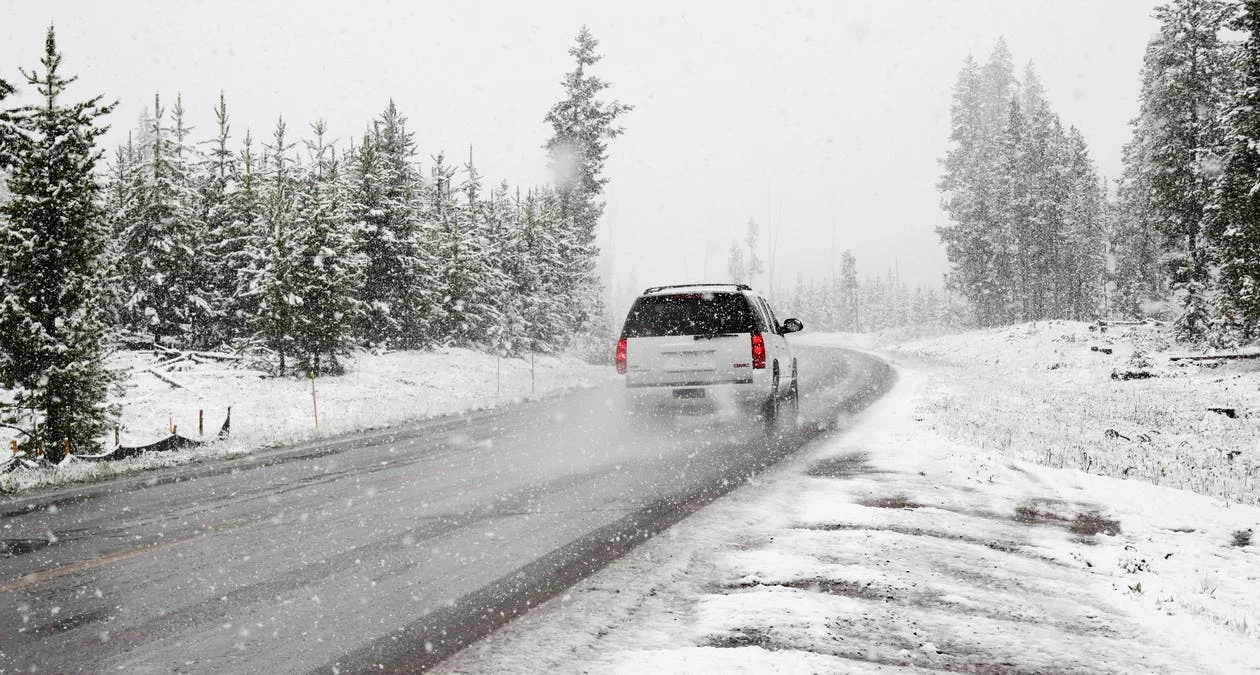On November 8, 2018, Michiganders made some sweeping changes in the Great Lakes state when they went out to the polling stations. Democrat Gretchen Whitmer was elected Governor, hourly minimum wage was increased from $10 in 2019 to $12 in 2022, and legislative district lines will be re-drawn! Also, an awesome number of women were elected to the US Senate, US House, Michigan Supreme Court, Michigan House of Representatives, and for the first time in Michigan history, all of the top Michigan offices of Governor, Secretary of State, and Attorney General!
Perhaps the most controversial and astonishing result of this election was the victory of Proposal 1, the legalization of marijuana, with a 56% - 44% margin! As such, Michigan became the first state in the Midwest to legalize marijuana. But before people start to search Google Maps for the nearest hydroponic shop or post pictures of themselves lighting up on Facebook or Instagram, they should know that it may be a few years until they can commercially grow or purchase marijuana. While smoking marijuana is now legal, residents likely won’t be able to legally buy recreational marijuana until early 2020.
It should be clarified however, that Michigan legalized medical marijuana in 2008, so the proposal that just passed governs, “the personal possession and use of marijuana by persons 21 years of age or older.” So, what does adult recreational use of marijuana entail? Well, The Detroit Free Press discusses the new Michigan recreational marijuana laws.
Michigan’s Recreational Marijuana Laws
Allow individuals age 21 and older to purchase, possess and use marijuana and marijuana-infused edibles and grow up to 12 marijuana plants for personal consumption.
Impose a 10-ounce limit for marijuana kept at residences and require that amounts over 2.5 ounces be secured in locked containers.
Create a state licensing system for marijuana businesses, including growers, processors, transporters and retailers.
Allow municipalities to ban or restrict marijuana businesses.
Permit commercial sales of marijuana and marijuana-infused edibles through state-licensed retailers, subject to a new 10-percent tax earmarked for schools, road and municipalities where marijuana businesses are located.
While many are celebrating this new legislation, Michigan becoming the 10th state to legalize recreational marijuana may have negative consequences. Marijuana legalization may result in increased crime, abuse of the substance, and even more car accidents. A study conducted by the Highway Loss Data Institute (HLDI) found that legal recreational marijuana sales in Colorado, Washington, and Oregon, which have legalized recreational marijuana, were associated with a 6% increase in collision claims compared with 5 neighboring states that did not legalize the drug. According to the study, “marijuana dulls the perceptual and cognitive abilities required for safely operating a motor vehicle.” Also, “results from simulator studies suggest that consuming marijuana increases lane weaving behavior and interferes with drivers’ ability to maintain a constant headway.”
Michigan has already been seeing some marijuana car crashes. On January 20, 2019, a driver under the influence of marijuana crashed into a parked Michigan State Police trooper who was responding to an accident on I-75. According to a local report, the 26-year-old man was arrested for driving under the influence of marijuana and was taken to the hospital for a blood test. The driver admitted to driving under the influence of marijuana and was issued a DWI.
With new laws come new responsibilities. Michigan drivers should know that the legalization of recreational marijuana doesn’t mean they can get high and drive. Most people know better than to drive under the influence of alcohol, so since marijuana is a psychoactive drug, they should know better than to drive under the influence of marijuana. Driving while impaired under the influence of any drug can cause car accidents! In fact, other states that have legalized marijuana have seen an increase in the number of marijuana car accidents, so there may be an increase in Michigan marijuana car accidents soon. And instead of calling a lawyer to get them off of a drug charge, Michigan marijuana smokers may soon be seeking marijuana car crash legal representation.
People typically don’t call attorneys for good reasons. Being hit by a driver under the influence of marijuana, or worse, being the impaired driver who causes a car accident, is a terrible circumstance in which to call a lawyer. The Michigan Law Firm, PC recognizes that calling a lawyer and dealing with a marijuana car accident case can be a tough process. Our attorneys are experienced in dealing with all types of car crash cases and help clients make the legal process as easy as possible. For a free legal consultation with a Michigan marijuana lawyer, call us at 844.4MI.Firm.








